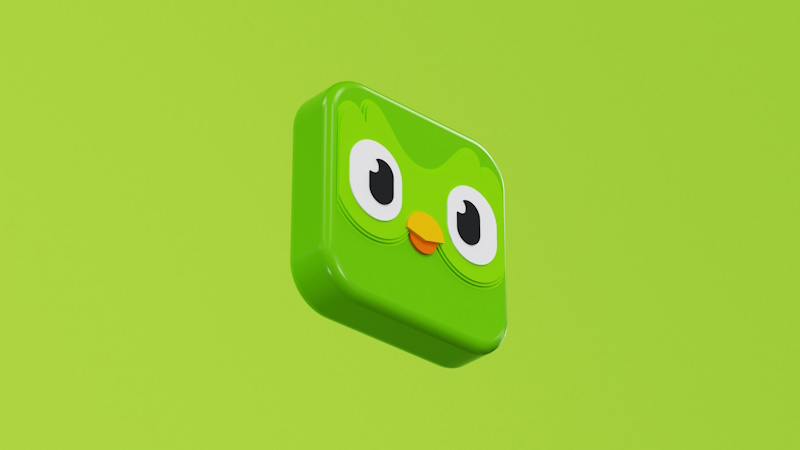Duolingo strikes a chord with Sony Music
Image credit: ilgmyzin
The language learning app Duolingo is moving into a new language, that of teaching music theory with your favourite songs.
Duolingo, the world’s most popular language learning platform, has announced a ground breaking partnership with Sony Music that aims to revolutionise music education. Together they’ll use hit songs to empower users with engaging ways to learn music.
The collaboration brings more than 60 songs from artists including Whitney Houston, Hozier, Pink, and Meghan Trainor into their educational platform. Duolingo will use their songs to “study the foundations of music and practice their music theory skills, such as reading music, understanding different note lengths, and differentiating notes by sounds, sight, and key on a digital mobile piano.”
Duolingo’s Head of Business Development, George Audio said: “At Duolingo, we’re constantly looking for ways to make learning more effective and entertaining. Partnering with Sony Music allows us to bring a library of beloved songs to our learners, making music education more engaging and accessible.”
Duolingo’s Music course has already gained traction, and this collaboration is expected to boost its popularity further. By aligning music education with popular culture, Duolingo hopes to inspire a new generation of musicians and music enthusiasts.
The partnership also offers exciting opportunities for music artists. By featuring their songs in an educational context, artists can reach a wider audience and potentially introduce their music to new fans.
This innovative approach to music education has the potential to redefine the way people learn music. By combining fun and education, Duolingo and Sony Music are setting a new standard for interactive learning experiences.
I’ve written before about the foibles of Duolingo as a language-learning app, with their focus being on app usage more than efficient education. Music may escape the same trappings, as a more hands-on and entertaining subject to learn. However, the app will undoubtedly maintain the same priority of regular user engagement rather than necessarily promoting education.
